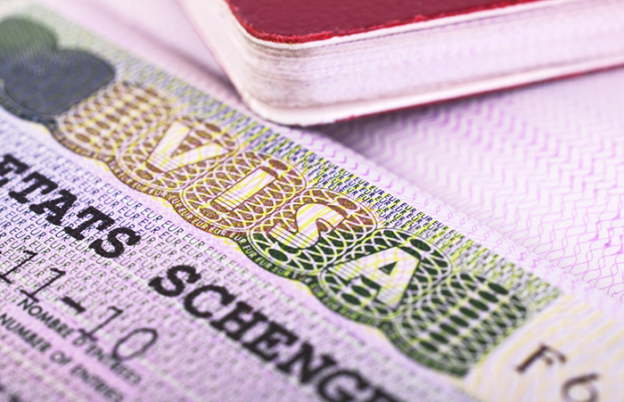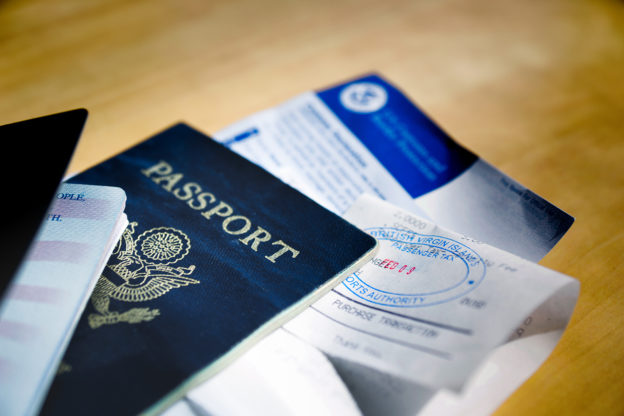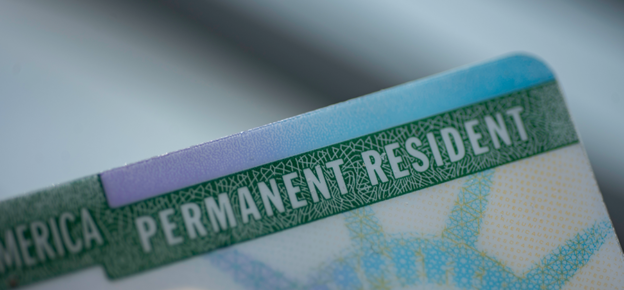The United States faces a critical shortage of healthcare professionals, particularly in rural areas. Hospitals, nursing homes, and clinics struggle to find qualified workers, leading to increased patient wait times and limited access to essential care. One effective strategy to address this workforce gap is hiring foreign healthcare professionals through various immigration pathways. Below, we explore key visa options and strategies for recruiting and retaining international healthcare workers, including nurses, physicians, and allied health professionals.
Immigrant and Nonimmigrant Visa Options for Healthcare Workers
Healthcare employers seeking to recruit foreign professionals have two main visa pathways: nonimmigrant (temporary work visas) and immigrant (permanent residence/green cards) options. Nonimmigrant visas allow healthcare workers to fill temporary positions, often tied to employer sponsorship, with defined time limits and renewal options. In contrast, immigrant visas provide a path to permanent residency, enabling foreign healthcare professionals to establish long-term careers in the U.S. Understanding these visa options allows employers to navigate the immigration process strategically, addressing both immediate staffing shortages and long-term workforce stability. Read more







